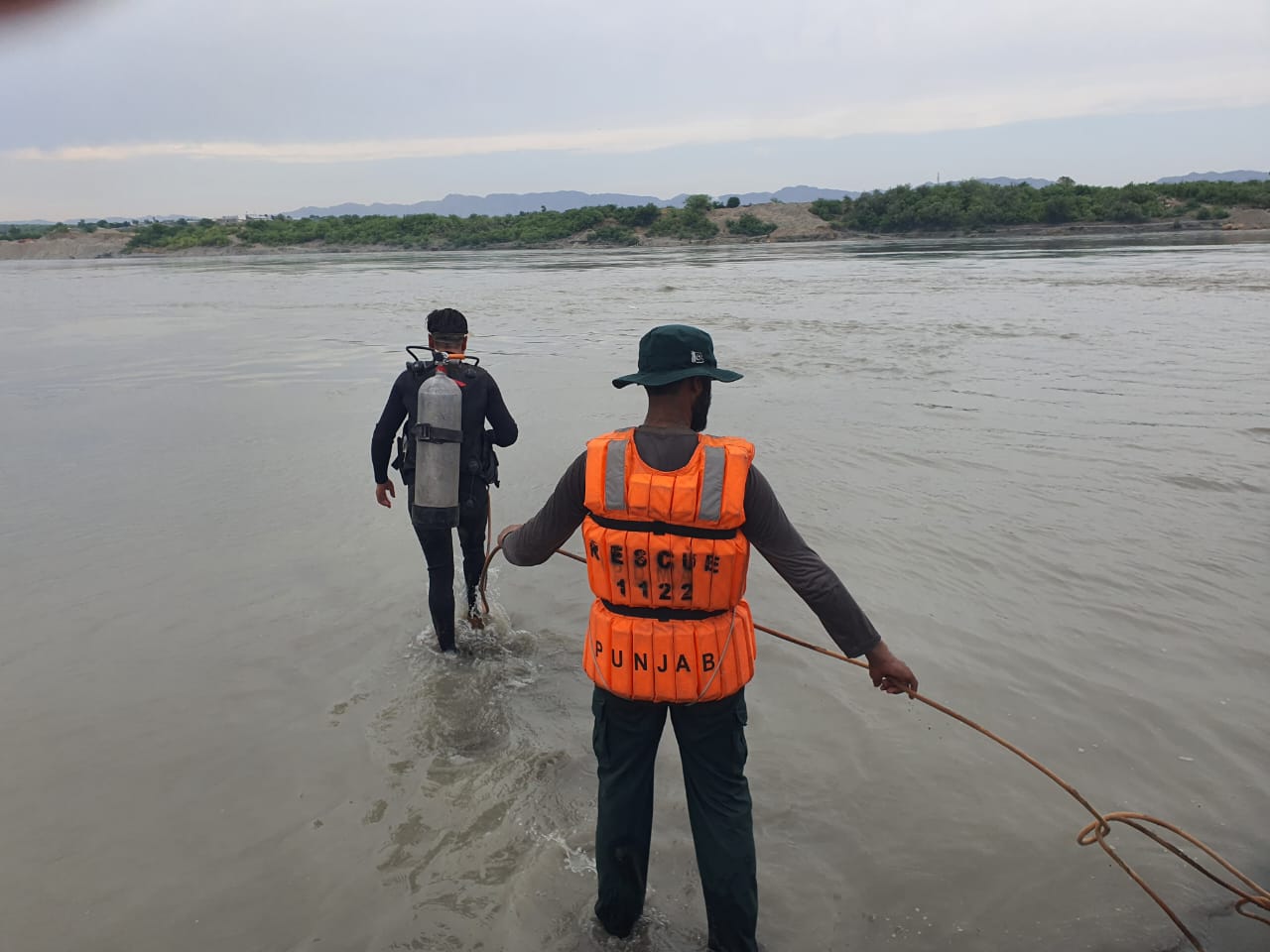Pakistan is grappling with a national health emergency
Islamabad ( city reporter ) Daily 2200 person died due to non communicable diseases,it can b avoided by imposing higher taxes and FOPWL.Strengthening Public Health through Policy: Health Experts Highlights Urgent Need for Taxation and Warning Labels on Ultra-Processed ProductsMurree – Pakistan is grappling with a national health emergency, as non-communicable diseases (NCDs) such as diabetes, cardiovascular conditions, obesity, and chronic liver and kidney diseases become increasingly prevalent. The country now ranks first globally in diabetes prevalence, with 31.4% of adults aged 20–79 living with the disease. This is more than a public health issue—it is a national emergency. Over 230,000 deaths annually are linked to diabetes-related complications, and more than nine million individuals remain undiagnosed. With a health system spending only $79 per capita, Pakistan is severely under-resourced to address this escalating crisis.A major contributor to the rise in NCDs is the consumption of ultra-processed products. These items are aggressively marketed, highly palatable, and easily accessible—yet offer little to no nutritional value. Their overconsumption is directly linked to the surge in chronic health conditions.These alarming statistics were shared during a media session organized by the Pakistan National Heart Association in Murree. Health and policy experts addressed the media, urging them to raise their voices in support of this critical national issue.It was disclosed that the Ministry of Health has formally submitted proposals to the Ministry of Finance and the Federal Board of Revenue (FBR) to increase the Federal Excise Duty (FED) on ultra-processed products—particularly those high in sugar, salt, and unhealthy fats—as part of the upcoming Finance Bill 2025–26.In parallel, the Ministry has proposed the mandatory implementation of front-of-pack warning labels (FOPWL) on these products. These science-based, clear labels aim to empower consumers with accurate information at the point of purchase.The media is expected to play a vital role in shaping public opinion and influencing policy. Its support is essential for raising awareness, educating the public, and holding decision-makers accountable for enacting life-saving regulations. Media outlets are urged to amplify the importance of these policy measures and contribute to a national movement for a healthier Pakistan.



